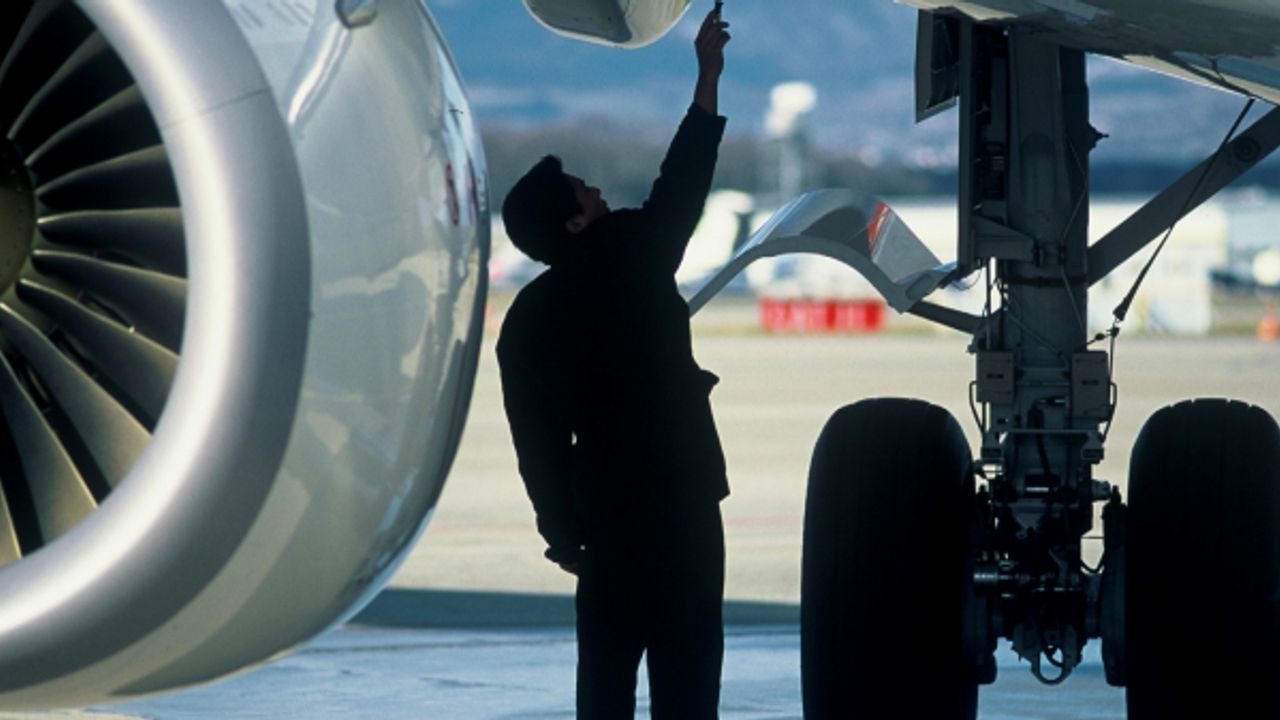The largest US airlines are searching for thousands of jet engine parts with fake safety certificates that were installed on their planes. This extraordinary incident has once again highlighted the complexity and risks in the global aviation supply chain. These spare parts, which range from simple nuts to more critical turbine blades, found their way into dozens of jet engines manufactured by General Electric during maintenance work, the Wall Street Journal reported. These engines were then installed on Boeing and Airbus aircraft. Suspicious parts have so far been detected in dozens of airplanes of many airlines. American Airlines, United Airlines and Southwest Airlines have withdrawn these aircraft from service. Delta Air Lines announced that it has towed several planes to the hangar and replaced the parts.
NO APPROVAL RECORD FOUND
At the center of the scandal is AOG Technics, a little-known broker of aircraft parts. A lawsuit filed by General Electric and its engine partner Safran alleges that the small company engaged in large-scale document falsification to sell engine parts to airlines.
AOG Technics serves as an intermediary that acquires essential parts and sells them to maintenance and repair organizations. The UK-based company was founded in 2015. A new office building in central London was listed as AOG Technics' headquarters, but reception and security guards said they did not recognize the company. Even more strikingly, the US database that issues approvals for parts sold by AOG Technics has no record of the company being approved. "It's a bit strange to be allowed to supply spare parts with forged documents," said Olivier Andriès, Safran's CEO.
PORTUGUESE AIRLINE DETECTED
The most affected engine model, the CFM56, is known as the most aircraft engine ever delivered to customers. According to the engine's manufacturers, more than 33,900 turbines have been delivered to customers since it entered service in 1982. This engine currently powers Boeing's 737 MAX and the original Airbus A320, both of which are the most important aircraft for the aviation industry.
GE and Safran said the problem was discovered in July by the maintenance and engineering operation of Portugal's TAP Air Portugal. The lawsuit alleges that the counterfeit parts "jeopardize flight safety and make it impossible for businesses that purchased these parts to verify the airworthiness of their engines." "All counterfeit parts need to be urgently identified and reported to the relevant businesses," the companies say in the lawsuit.
Because jet engines contain fast-moving parts and operate at high temperatures and under high pressure, weak parts pose a significant safety risk. Several industry executives told the WSJ that a few airlines have found AOG parts, but a large number of airlines are concerned about whether their engines have suspicious parts and are trying to understand whether their engines have been exposed.
5 AIRLINES SAID "FOUND"
United Airlines discovered AOG parts in the engines on two airplanes. The company replaced the engines and returned the planes to service. Delta said the total of affected engines totaled less than 1 percent. Southwest found that one engine containing two low-pressure turbine blades sold by AOG Technics. American said it had detected unapproved parts on several aircraft. Virgin Australia, which found suspicious parts on two separate aircraft, said it was taking a strict approach to ensure safety standards.















